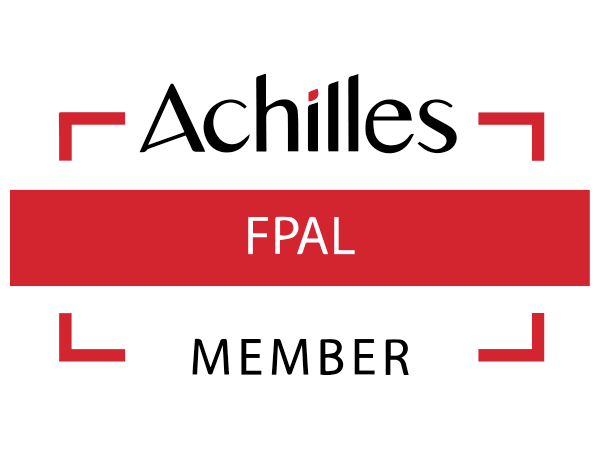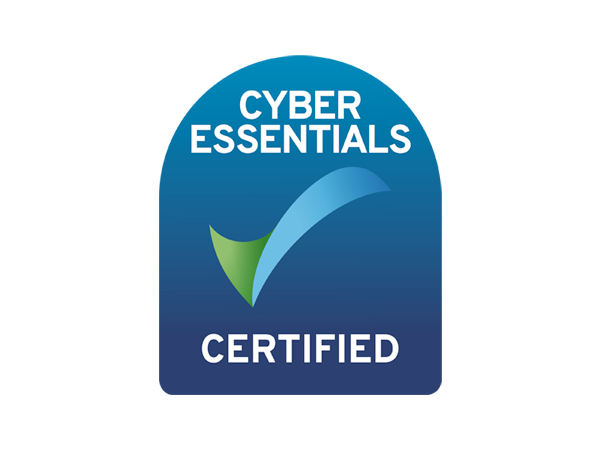Introduction:
This program has been designed specifically for the Liquefied Natural Gas (LNG) operation in the petroleum industry.
It takes into account the peculiarities of LNG operations and the nature of its cost profile, cost centres and budgeting processes. Essentially, it is intended for accountants, accounting officers and any staff in the finance and accounts department of an LNG company, that is, petroleum companies engaged in the liquefaction of natural gas, sales through shipment of LNG to offshore receiving terminals.
Given that such organisations have departments whose functions provide for smooth operations that lead to the attainment of corporate goals and objectives, the pivotal role of Finance & Accounts Department (FAD) in such operations, makes it desirable and imperative that every FAD staff be developed and equipped for effective on-the-job performance through such technical training programs as herein proposed.
Course Description:
At this four day program, participants should expect to be engaged in such detailed workings of the upstream sector of the petroleum industry and specifically as it relates to LNG operations.
They will be exposed to core skills and accounting practices as well as budgetary issues required for financial management, including financial reporting models amongst Joint Venture partners.
Similarly, this course will cover cost allocation and cost control techniques for an LNG operation, with reference to the Joint Accounting Procedure as agreed with JV Partners.
Given the need for adequate cost containment and the requirement for preparation of departmental budgets, the section of the course on budgeting & budgetary control has been designed to ensure improvement in participants’ know-how in this regard.
It is envisaged that during this four-day program which is loaded with practical examples using international oil companies’ (LNG Operations) final accounts, participants would have significantly improved their on-the-job proficiency and effectiveness.
At the end of the course each participant will be provided with a sample Join Accounting Procedure for reference purposes.
Course Contents:
A. Accounting:
- Accounting for Gas Liquefaction: Cost Classification, Ascertainment & Treatment of Costs
- Application of Accounting Principles in Relationship with the Joint Accounting Procedure Agreed Amongst JV Partners
- Cost Allocation into OPEX & CAPEX, Fixed & Variable Costs, Financing Charges, Head Office / Parent Coy. Overheads, Asset Usage Apportionments & Tariff Charges
- Departments Allocation of Costs including Sectoral Allocation of Indirect Costs, Sales, Marketing, Production & Operational Costs
- Joint Venture Operating Agreements & Operations including Cash Calls, JV Billings, Multi-Currency Accounting, JV Accounts Reporting to Host Govt. Authorities and to JV Partners

B. Budgeting & Budgetary Control:
- Budgets Preparation: An Overview of a Typical LNG Coy Budget
- JV Budgets vs. Corporate Budgets
- Operated vs. Non-Operated Budgets
- Departmental Budget Preparation e.g. Marketing Dept. Budget
- Sales Revenue Budget Preparation including Revenue from ‘Take or Pay’ and ‘Spot Sales’ Offtake Volumes. This will include recognition of Losses on Board etc.
- Budgets Analysis & Financial Controls Systems (including the control environment: internal /external controls)
- Budgetary Control (including variance analysis, project cost control, production cost reporting & control
- AFE Administration & Budget Control
All of the above topics will be treated with in
Who Should Attend?
- Finance and Accounts Managers and Staff.
- Accountants & Financial Analysts.
- Auditors.
- Corporate Planners.
- Tax Dept Staff and Managers from other departments.
5 day program


